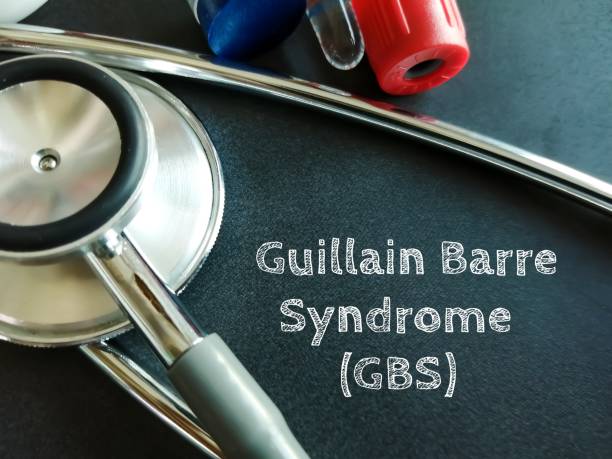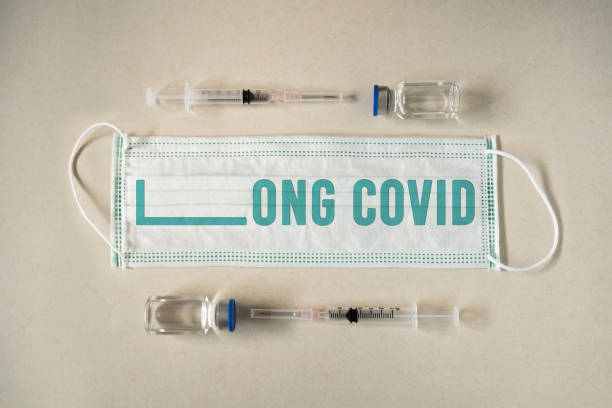Long COVID recovery is complex and deeply personal. For many, the journey back to health is filled with trial and error. N-acetylcysteine (NAC), a supplement known for its antioxidant and detoxification properties, has been gaining attention as a potential ally in managing lingering symptoms of Long COVID. From improving lung function and reducing inflammation to supporting mitochondrial health, NAC shows promise in multiple areas. In this article, we’ll explore how NAC works, why it matters for Long COVID recovery, and how it may offer relief to those who’ve been struggling with fatigue, brain fog, and persistent inflammation.
1️⃣ NAC as a Precursor to Glutathione
One of NAC’s most important roles is as a precursor to glutathione, the body’s master antioxidant. Glutathione helps protect cells from oxidative stress, which is elevated in many Long COVID patients. Low glutathione levels have been linked to prolonged fatigue and immune dysfunction. By boosting glutathione production, NAC helps reduce oxidative damage and may support cellular repair (PubMed). This can be particularly important for people with Long COVID who feel like their body is constantly inflamed or under attack.
2️⃣ Supporting Lung Health and Reducing Mucus
NAC has long been used to treat chronic respiratory conditions like COPD and bronchitis because of its ability to break down mucus and improve lung function. For those with Long COVID who experience lingering cough, chest tightness, or shortness of breath, NAC may offer relief. Studies have shown that NAC helps thin mucus and reduce airway inflammation (Chest Journal), making breathing easier and reducing the risk of secondary infections.
3️⃣ Anti-inflammatory and Immune-Modulating Properties
Inflammation is a hallmark of Long COVID. NAC may help by modulating the immune response and reducing the production of pro-inflammatory cytokines like IL-6 and TNF-alpha. Research published in Biomedicines shows that NAC inhibits the NF-kB pathway, which is responsible for triggering many inflammatory processes (Biomedicines). By calming the immune system, NAC may help reduce brain fog, joint pain, and other inflammation-related symptoms commonly seen in Long COVID.
4️⃣ Supporting Mitochondrial Function and Energy Levels
Mitochondria are the energy factories of our cells, and when they’re not functioning well, we feel it—especially in the form of fatigue. NAC supports mitochondrial health by reducing oxidative stress and helping maintain the balance of reactive oxygen species (ROS) within cells. According to research in the International Journal of Molecular Sciences, NAC may help protect mitochondrial DNA and improve energy production in cells under stress (IJMS). For Long COVID sufferers facing persistent fatigue, NAC might be a game changer.
5️⃣ Mental Clarity and Neuroprotection
Brain fog is one of the most frustrating symptoms of Long COVID. NAC has shown potential in supporting brain health by increasing glutathione in the brain and protecting neurons from oxidative damage. Some studies have even explored its role in psychiatric conditions and cognitive function. In Long COVID, where neuroinflammation may play a role, NAC’s neuroprotective properties could support better mental clarity and mood stabilization (Frontiers in Neurology).
⚠️ Dosage, Safety, and When to Talk to Your Doctor
While NAC is generally well-tolerated, it’s important to consult a healthcare provider before starting it—especially if you have pre-existing conditions or take medications. Common dosages range from 600mg to 1800mg daily, but individual needs vary. Some people may experience mild side effects like nausea or headaches. Also, NAC has been under scrutiny by regulatory agencies, so be sure to source it from a reputable supplier (ConsumerLab).
Final Thoughts
NAC isn’t a magic bullet, but it offers a multifaceted approach to recovery that aligns well with many of the challenges seen in Long COVID. From replenishing antioxidants and supporting lung health to calming inflammation and aiding brain function, it plays several important roles. If you’re feeling stuck in your recovery, NAC might be worth discussing with your doctor. A thoughtful, informed approach could make all the difference in getting your health back on track.
📩 For more recovery strategies, sign up for our newsletter and stay updated!




